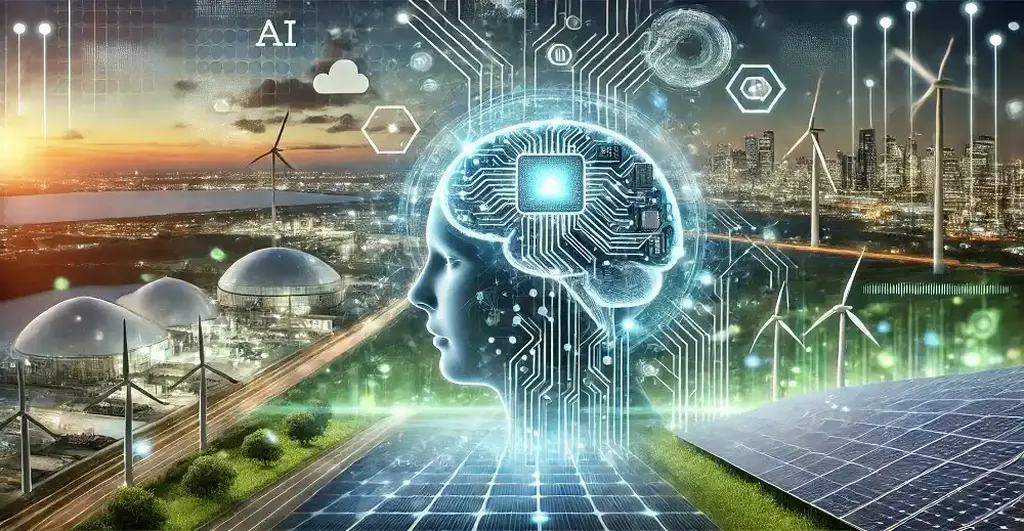In the rapidly evolving world of network technology, a groundbreaking literature review published in the *International Journal of Emerging Research in Engineering, Science, and Management* (translated from Indonesian as *Journal of Emerging Research in Engineering, Science, and Management*) is shedding light on how artificial intelligence (AI) is revolutionizing the way networks are managed, secured, and optimized. Led by Gusnul Mahesa from the Department of Industrial Technology and Informatics at the University of Muhammadiyah Prof. Dr. HAMKA in Jakarta, Indonesia, this comprehensive study explores the transformative potential of AI in modern networking, particularly in the context of emerging 5G and future 6G technologies.
The research highlights how traditional network management approaches are struggling to keep up with the complexity and speed of today’s digital ecosystems. “Network systems have evolved from simple analogue designs into complex digital ecosystems that support high-speed communication, intelligent devices, and data-intensive applications,” Mahesa explains. “This rapid growth has outpaced the capabilities of traditional rule-based network management approaches, highlighting the need for adaptive, real-time solutions.”
Enter AI, with its powerful data processing, pattern recognition, and autonomous decision-making capabilities. Machine learning (ML) and deep learning (DL) are at the forefront of this transformation, enabling networks to become more intelligent, autonomous, and resilient. The review identifies several key areas where AI is making a significant impact, including enhanced intrusion detection, advanced threat analysis, intelligent traffic routing, predictive maintenance, and autonomous resource allocation.
For the energy sector, the implications are profound. As networks become more intelligent, they can support the growing demand for data-intensive applications, such as real-time remote monitoring and control of energy infrastructure. This could lead to more efficient energy distribution, reduced downtime, and improved overall performance. Additionally, AI-driven networks can enhance security, protecting critical energy infrastructure from cyber threats.
However, the journey towards fully integrated AI-driven networks is not without its challenges. The review identifies several research gaps, including the lack of standardization, the need for lightweight AI models suited for constrained networking hardware, and concerns around privacy and ethical use. “Despite these advancements, several research gaps remain,” Mahesa notes. “These include the lack of standardisation, challenges balancing model interpretability with accuracy, real-time explainability, developing lightweight AI models suited for constrained networking hardware, and concerns around privacy and ethical use.”
As the digital landscape continues to grow, the integration of AI into networking will be crucial in driving the development of faster, more intelligent, and more secure network environments. This research underscores the importance of continued interdisciplinary collaboration to ensure responsible, effective, and sustainable integration of AI into networking.
In conclusion, the study published in the *International Journal of Emerging Research in Engineering, Science, and Management* provides a compelling glimpse into the future of network technology. As AI continues to evolve, its impact on the energy sector and other industries will be profound, shaping the way we manage and optimize our digital infrastructures. The research by Mahesa and his team serves as a vital resource for professionals and researchers alike, offering insights into the latest developments and future directions in AI-driven networking.

